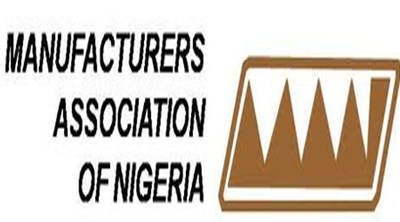Manufacturers in the country have decried the high interest rate and poor access to foreign exchange, which according to them has hindered growth in the manufacturing industry. Mr Ambrose Oruche, the Director, Economics and Statistics, Manufacturers Association of Nigeria (MAN) said this at the Stakeholders Dialogue on the Manufacturing Sector in the Country on Tuesday in Abuja.
Oruche said that the decision by the Federal Government to increase the interest rate to 14 per cent was not ideal. He added that what should have been done was to increase growth in the economy rather than contract it. He said that there had been government policy mismatch in the country and the decision by government to exclude 41 items was not in the interest of the manufacturers.
“Since the crash in crude oil 2014, manufacturing has been almost impossible in the country.
“ The major challenge is that of maintaining sizeable capacity utilisation due to the unavailability of productive raw materials. Unfortunately, some policies implemented to resolve the eroding Naira were inimical to manufacturing industries and MAN ought to have been consulted before the ban of the 41 items. And the increase in MPR to 14 per cent has made it difficult for manufacturers to get funds to do business,’’ he said.
Oruche said that other challenges faced by the industry were the poor patronage of home manufactured products by the public sector.
According to him, government does not see public procurement as tool for development of manufacturing sector “and does not patronise made in Nigeria goods’’.
He said that there was also poor support of infrastructure, adding that about N82 billion was spent by manufacturers to generate electricity.
He decried multiple taxation, insecurity and trade agreement, noting that these were other challenges impeding the growth and development of the industry in the country.
Oruche urged that the infrastructure base of the country should be improved, grant concessions should be made available and government should ensure policies that would improve the industry.
Also Dr Olamide Taiwo, a consultant with NOIPolls, said that studies by the organisation reviewed that only five per cent of manufacturers were in good shape.
According to him, there is high dependence on imports and exports remains low and these affect the growth of the manufacturing industry.
Taiwo further said that only local demands drive profitability in business and that poor power supply and policy inconsistency were challenges of the industry.
To improve the sector, he said that government must implement input substitution programme and ensure a strategic foreign exchange window for manufacturers.
He called for reforms in public finance institutions that were engaged in business credit and ensure sound industrial policies that would thrive the industry.

